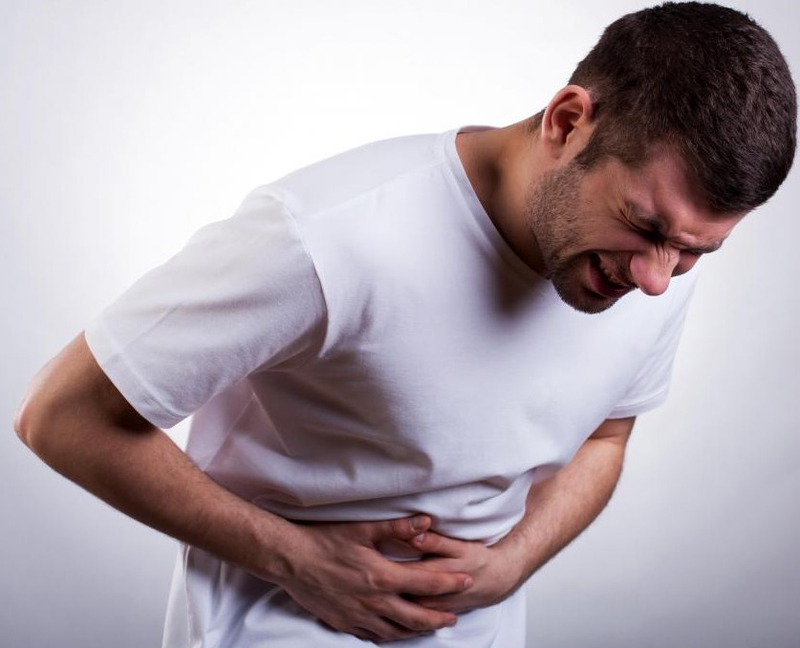Gallstones form in the gallbladder and consist of hard particles and usually do not require treatment. Gallstones are typically hard to detect since they do not cause any external symptoms in most cases. While they may not be a cause for concern, gallstone and weight gain can go hand in hand.

Gallbladder and Gallstones Basics
The gallbladder is what helps your body break down and digest fat you consume. Fatty foods like fried chicken or fatty red meats are broken down into digestive juices called bile. The gallbladder helps secret these juices so they can pass into the small intestines and be absorbed.
Gallstones develop because of a chemical imbalance in the secreted bile. In most cases it is because cholesterol crystallizes and then stones are formed. The size of these gallstones can range in size from as small as a grain of sand to as large as a pebble. It can take years for stones to form but never pose a threat to your health. But if gallstones become trapped in the gallbladder ducts, they cause gallbladder attacks. These attacks are often intense abdominal pains that tend to follow a big meal. They can last for a few hours and other symptoms from trapped gallstones can also include fever, jaundice, light-colored urine and passing of stones that are clay like.
Relationships Between Gallstones and Weight
Obesity and gallstones?
What's the relationship between gallstones and weight gain? Well, individuals who are obese are more likely to develop gallstones. Those who are overweight or obese often have higher levels of cholesterol, since gallstones are most likely to form because of excess cholesterol, this puts them at greater risk of developing gallstones. It is often more common for those who carry their excess weight around their midsection as opposed to the hips or butts to be more likely to form gallstones.
Additional causes:
Excess Bilirubin. Bilirubin is produced when the red blood cells in your body begin to break down. Too much bilirubin occurs due to liver cirrhosis, blood disorders, biliary tract infections and other conditions. When there is excess bilirubin, it can help form gallstones.
The Gallbladder Doesn't Empty. Bile can become concentrated in the gallbladder if it does not empty enough or completely. This buildup of bile in the gallbladder can cause gallstones to form, too.
Gallstones Prevent You Losing Weight?
Is there a link between gallstones and weight gain? Well, weight gain is not a typical side effect from the gallbladder not working properly and gallstones' forming. Weight loss is more common since functioning improperly results in the body being unable to absorb the fats from the foods you eat. Besides, you will feel full and have an increase of gas and indigestion.
But why does it happen?
You should know when the gallbladder is not functioning properly and excess bile remains stagnant, more gallstones can form. And when these gallstones disrupt the gallbladder from emptying the digestion of fat, the body goes into starvation mode. This causes the body to hang onto fat, and you feel like wanting to have diet with low fat. So you will lose weight.
Then How to Deal with Gallstones
Gallstones can be detected by ultrasounds, endoscopies, and other scans. A keyhole surgery is performed to remove the gallbladder if the stones have become trapped. It is perfectly safe for a person to function properly without their gallbladder, instead of the bile being stored in the gallbladder is dripped through the digestive system straight from the liver.
If you do have gallstones but experience no discomfort, your main focus should be on what is causing the gallstones over how to get rid of the ones you already have. If you are concerned about gallstones and weight gain, remember that normal healthy weight loss is around 1 ½ pounds per week. Never hesitate to speak to your doctor if you think you may have gallstones or your weight is a concern.
View All Comments /Add Comment